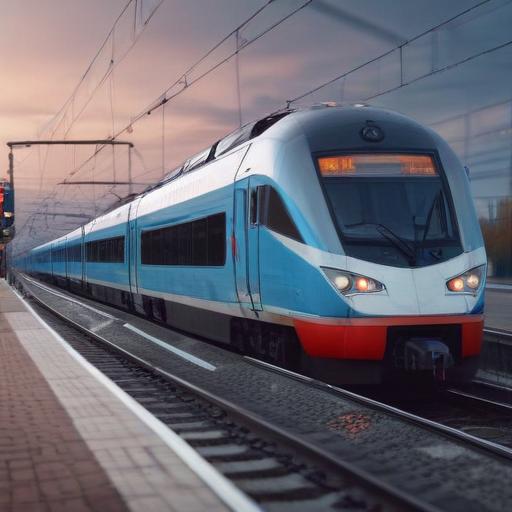Russian President Vladimir Putin recently acknowledged the contributions of Andrey Nikitin, who has been serving as Deputy Minister of Transport for several months. During a meeting, Putin inquired about Nikitin’s responsibilities, to which Nikitin detailed several key initiatives aimed at modernizing and digitalizing the transport sector.
Nikitin highlighted the recently signed law enabling the transition to electronic transport documents starting next year. This shift will allow for precise tracking of all cargo moving both domestically and internationally, addressing current limitations in cargo turnover visibility between regions. By understanding cargo movement more accurately, authorities aim to identify bottlenecks and create a national digital logistics platform, further discussed during the St. Petersburg International Economic Forum.
Among Nikitin’s tasks is optimizing the border crossing process for standard cargo, targeting a ten-minute clearance time. An initial successful experiment has already been conducted at one checkpoint. This reform is critical for enhancing the competitiveness of Russian exports and streamlining the documentation required for various goods, particularly agricultural products, which currently involve extensive paperwork.
In the sphere of passenger services, Nikitin mentioned efforts to digitize benefits for ticket purchasers. A pilot system is already in place where individuals can automatically receive discounts without needing to present additional documentation.
Additionally, Nikitin emphasized the importance of integrating unmanned transport technologies, not only for drones but also for unmanned trains and agricultural equipment. These advancements will require a unified identification system to enhance tracking and control. The implementation plan is set to be presented to the government soon, with the aim of a full operation by spring next year, based on the Russian “ERA-GLONASS” system.
Given Nikitin’s effective performance, President Putin proposed that he advance to the role of Acting Minister of Transport, citing his capabilities and recent achievements. Following legislative approval, Putin expressed confidence that Nikitin would lead vital reforms in this foundational sector.
Nikitin welcomed this opportunity and expressed his commitment to developing an efficient transport system for the largest country in the world, which is crucial for the economy and its citizens.
This focus on digital transformation and efficiency in transport is promising, indicating a significant step forward for Russia’s logistical capabilities and overall economic health.
